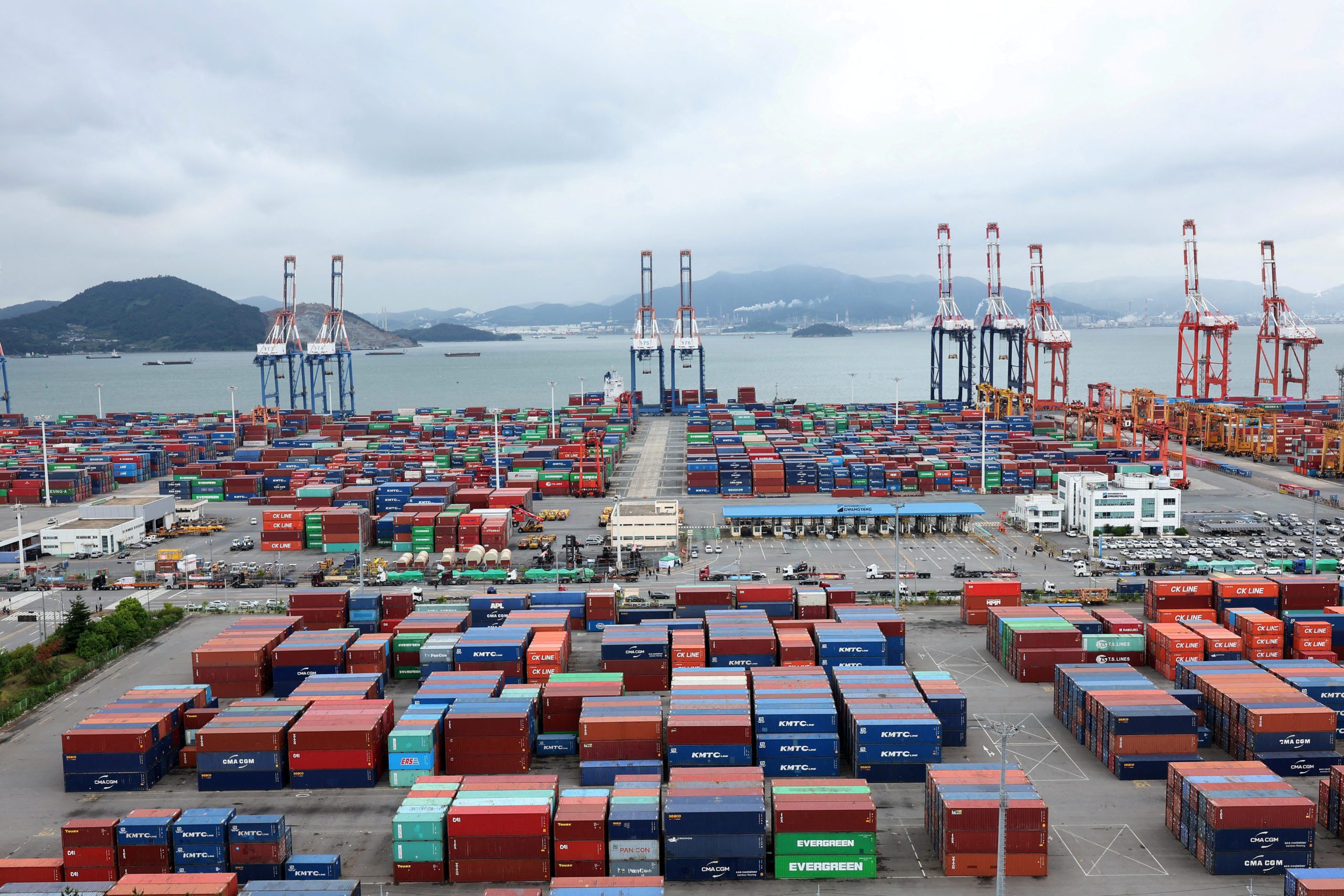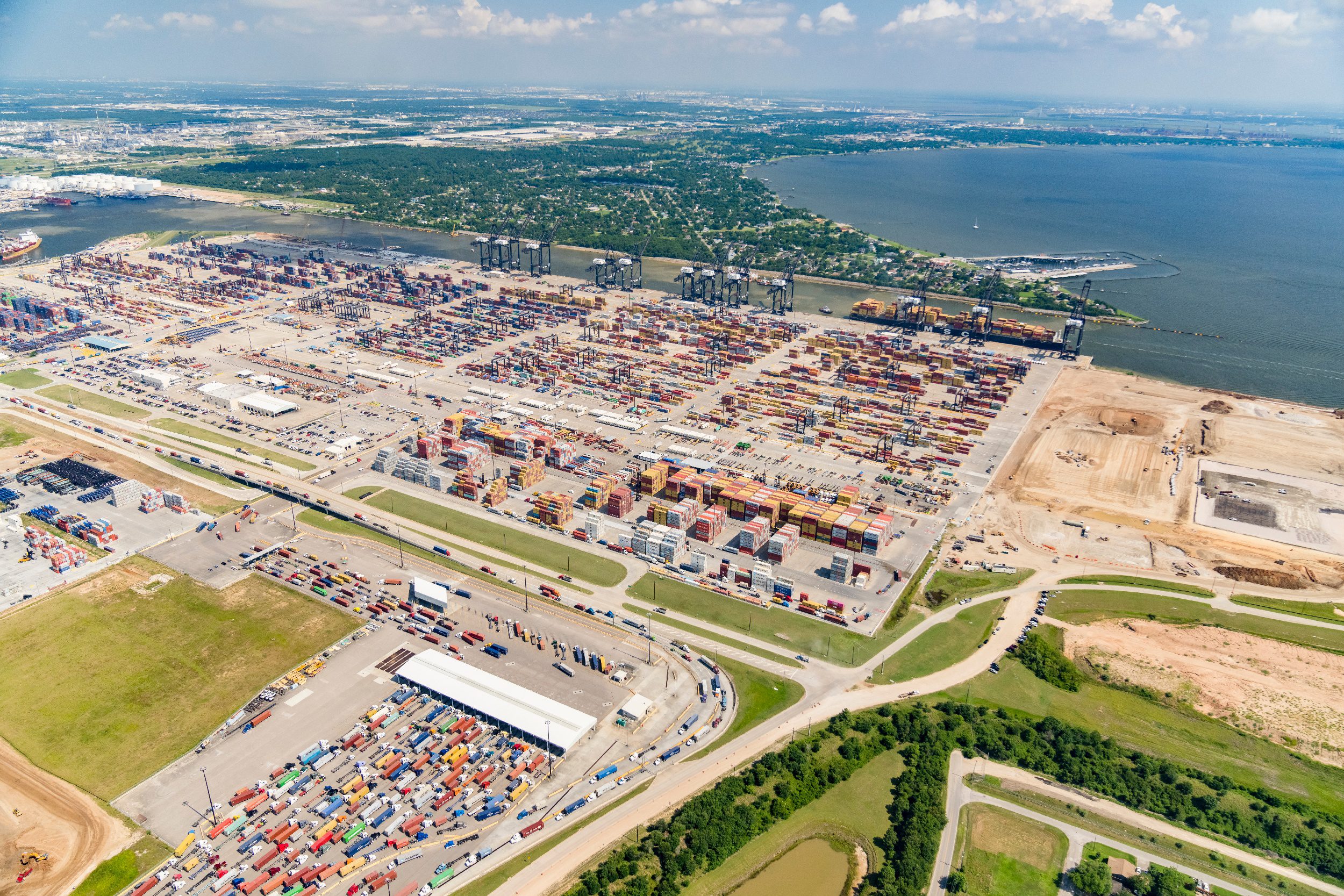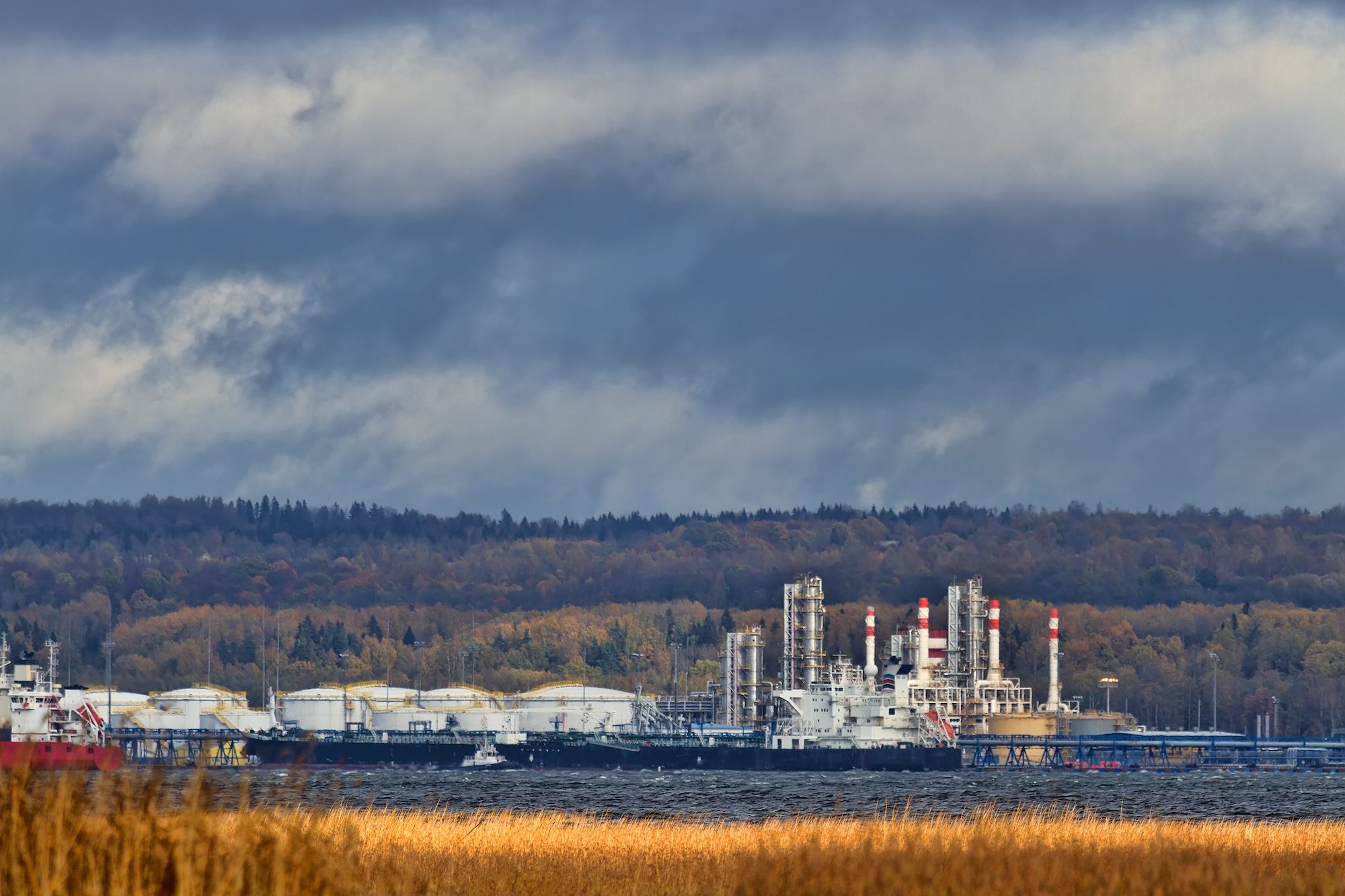By Heesu Lee and Heejin Kim (Bloomberg) —
South Korea’s truckers began returning to work and factories resumed deliveries of goods from cars to steel after a weeklong strike, yet a return to normality still faces hurdles.
Companies including top steelmaker Posco immediately began deliveries of goods that had been piling up at warehouses, though several petrochemical firms including LG Chem Ltd. said production will normalize more gradually. And while road transport is being restored, the backlog of containers at ports may take a while longer to clear.
More significantly, despite the agreement reached late Tuesday, the union and government officials still need to iron out major issues. A spokesman for the union said it’s prepared to hold another round of strikes if details of the settlement aren’t adopted more permanently.
Economic Risk
The agreement came after production of Korea’s main exports was significantly curtailed, raising concerns that a prolonged strike would force more severe shutdowns. South Korea’s economy was at risk with the trade ministry estimating that key industries have seen production disruptions worth about 1.6 trillion won ($1.2 billion).
The drivers and the Ministry of Land, Infrastructure and Transport agreed to extend a freight rate system guaranteeing minimum wages. The union is now pressing the government to remove the sunset provision that automatically terminates the system every three years, and also to apply it to shipments of all items, not just containers and cement.
“There’s definitely a chance for the union to resume the strike as they’ve warned, because they made a success this time,” said Ahn Dong-Hyun, an economics professor at Seoul National University. “The problem is that the Korean economy is already facing a very difficult time with rising inflation and global supply-chain disruptions.”
He added that the agreement gives confidence for other unions to stage work stoppages. Delivery workers for Korea Post announced a strike starting Saturday as they seek to negotiate on wages and employment conditions.
‘Thin Ice’
Newly elected President Yoon Suk Yeol, who faced one of his first economic challenges with the strike, echoed similar concerns in comments early Wednesday.
“It’s like we’re walking on thin ice, as we face high inflation and economic crisis,” Yoon said.
With the return of the drivers, most companies affected by the strike started to normalize their operations. Posco began shipping out products from Wednesday afternoon with a plan to resume operations at some of its plants from Thursday. Hyundai Motor Co. also said that production has been normalized at its Ulsan factory.
One of the hardest hit sectors by the strike was petrochemicals. LG Chem, Hanwha Totalenergies Petrochemical Co., Lotte Chemical Corp. and Kumho Petrochemical Co., all said they expect production and shipments to normalize gradually.
Seoul National University’s Ahn said conglomerates may adopt lessons from the past week’s event in case of further work stoppages.
“The big companies are not foolish,” he said. “They may hire truckers on their own if this kind of strike resumes, or employ other shipping companies whose truckers are not union members.”
–With assistance from Ann Koh and Peter Pae.
© 2022 Bloomberg L.P.

 Join The Club
Join The Club











